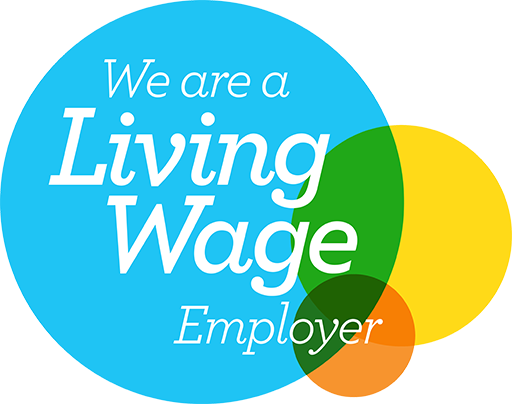Social enterprises operate for the common good rather than for unrestricted private profit. Typically established to address social issues, their goals include strengthening communities, enhancing life opportunities, improving culture, and protecting the environment.
Like any other business, they aim to generate profit, but they reinvest 100% of their earnings into social causes. In Scotland, social enterprises are “asset locked,” meaning that all their property, funds, and resources must be used solely for their social mission and impact.
If you’re interested in this ethical and sustainable approach to business, or if you believe your organisation may already embody the core characteristics of a social enterprise, you may find the following information useful.
Setting Up a Social Enterprise
Legally, there is no specific designation for a ‘social enterprise’—it’s a broad term encompassing various types of organisations. However, to be recognised as a social enterprise, an organisation must meet the common criteria outlined in the Voluntary Code of Practice, summarised as follows:
- They have social and/or environmental objectives.
- They adopt an enterprising approach, minimising reliance on grants by generating income through trading.
- They reinvest their surpluses to expand and enhance their activities.
- Their assets (such as buildings, land, and resources) are secured and would be returned to the community if the organisation were to dissolve.
- They are independent of the public sector and not a subsidiary of a public body.
- They are committed to fair employment practices and do not pay executives excessively.
In Scotland there is a Voluntary Code of Practice for Social Enterprises a copy of which is available in the Social Enterprise page.


